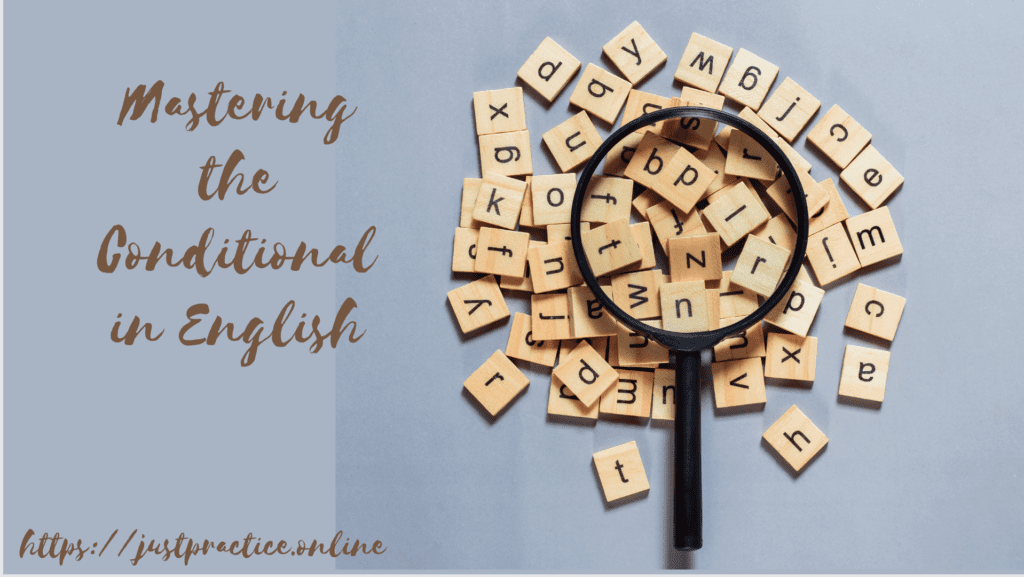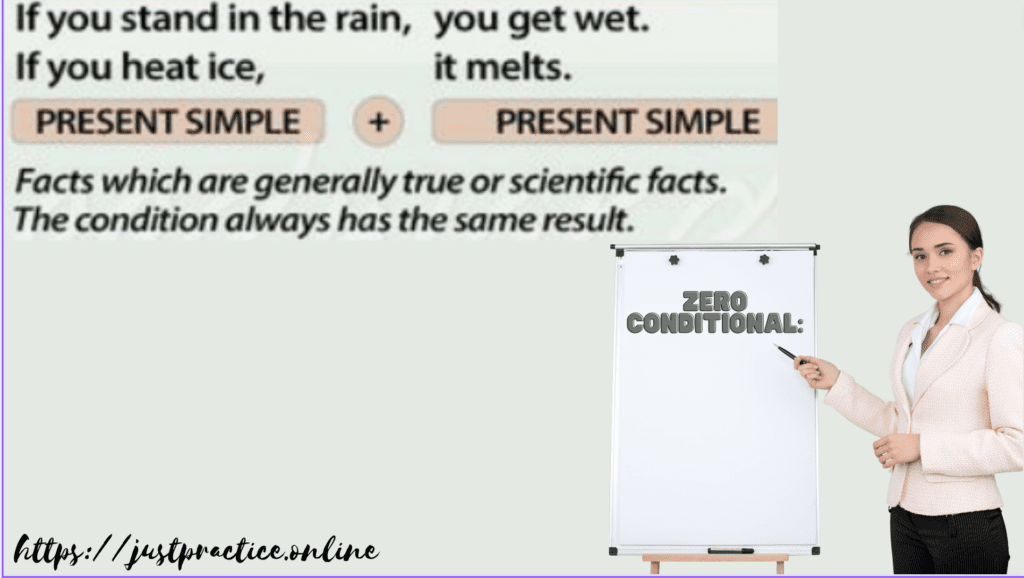Title: Mastering the Conditional in English: A Comprehensive Guide

Introduction:
- Understanding the conditional in English is crucial for effective communication
- As an expert in teaching English, I will provide a comprehensive guide to the conditional with clear explanations and examples
- What is the Conditional? A. Definition and basic concept:
- The conditional expresses hypothetical or unreal situations
- It describes what would happen or could have happened under certain conditions
B. Types of conditional sentences:
- Zero conditional: Used for general truths or facts
- First conditional: Used for possible future situations
- Second conditional: Used for hypothetical or unreal present situations
- Third conditional: Used for hypothetical or unreal past situations

- Forming Conditional Sentences A. Structure of zero conditional:
- If + present simple, present simple
- Example: “If it rains, the ground gets wet.”
B. Structure of first conditional:

- If + present simple, will + base form
- Example: “If you study hard, you will pass the exam.”
C. Structure of second conditional:

- If + past simple, would + base form
- Example: “If I had more time, I would travel the world.”
D. Structure of third conditional:

- If + past perfect, would have + past participle
- Example: “If she had studied, she would have passed the test.”
- Usage and Examples A. Zero conditional:
- Used for general truths or scientific facts
- Example: “If you heat water, it boils.”
B. First conditional:
- Used for possible future situations
- Example: “If it stops raining, we will go for a walk.”
C. Second conditional:
- Used for hypothetical or unreal present situations
- Example: “If I were rich, I would buy a yacht.”
D. Third conditional:
- Used for hypothetical or unreal past situations
- Example: “If he had known the truth, he would have acted differently.”
Conclusion:
- Mastering the conditional in English is essential for expressing hypothetical and unreal situations
- Understanding the different types of conditional sentences and their structures will enhance your language proficiency
- Practice using the conditional in various contexts to become fluent in expressing hypothetical scenarios in English.